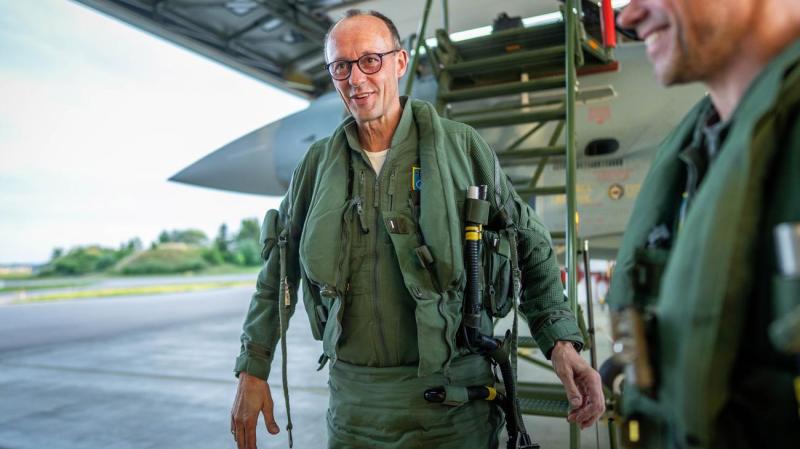Europe could soon find itself in a heated collison course with Russia as now Germany has signaled that conscription could return as early as 2026 if voluntary military service does not meet the country’s strategic needs amid growing tensions in the continent.
Speaking in recent interviews, Germany Defence Minister Boris Pistorius emphasized that Germany must be prepared for a “defensive case” and warned that the Bundeswehr’s voluntary recruitment model may no longer be sufficient. “If not enough young people volunteer, we will have to consider mandatory service,” he said.
Germany’s Conscription was Suspended in 2011
Germany suspended compulsory military service in 2011 under then-Defense Minister Karl-Theodor zu Guttenberg, citing the reduced threat environment following the Cold War and a strategic shift in Germany’s military role. The government argued that a smaller, professional force would be more efficient and better suited to modern missions, such as international peacekeeping and crisis response.
At the time, NATO was largely focused on overseas operations, and Russia was not viewed as an immediate military threat. The suspension also aligned with broader societal preferences in Germany, where public resistance to mandatory military service remained high.
Geopolitical Shift
However, the security landscape in Europe has changed dramatically, particularly since Russia’s full-scale invasion of Ukraine in 2022. Germany and other NATO countries have ramped up defense spending and re-evaluated force structures to ensure rapid readiness and deterrence.
In a significant shift, Germany has initiated its first permanent foreign military deployment since World War II by stationing the 45th Armored Brigade in Lithuania. The brigade, comprising 4,800 German soldiers and 200 civilian staff, is part of NATO’s efforts to fortify its eastern flank in response to Russia’s 2022 invasion of Ukraine. The brigade aims to reach full operational capacity by 2027 and underscores Germany’s commitment to defending Baltic states—Lithuania, Latvia, and Estonia—facing threats from Russia. Chancellor Friedrich Merz emphasized the need for European allies to enhance defense capabilities and expand military production, pledging Germany would meet a new NATO defense spending target of 5% of GDP by 2032.
Also read: Germany bans Russian flags and symbols in World war victory celebrations
Pistorius, who has been a strong advocate for revitalizing the Bundeswehr, argues that Germany must now “think in terms of defense again.” While no formal decision has been made, his recent remarks suggest the government is preparing to reintroduce some form of compulsory service if volunteer numbers fall short.
Officials are reportedly examining hybrid models that combine voluntary enlistment with selective mandatory service. A detailed plan is expected later this year, with implementation possibly beginning in 2026.
The idea of reinstating conscription remains controversial, but public attitudes are evolving. Recent polls show growing support, particularly among younger citizens increasingly concerned about national security and Germany’s role in defending Europe.
If reintroduced, conscription would mark a significant shift in German defense policy and signal a broader realignment of Europe’s military posture in response to renewed geopolitical threats.








